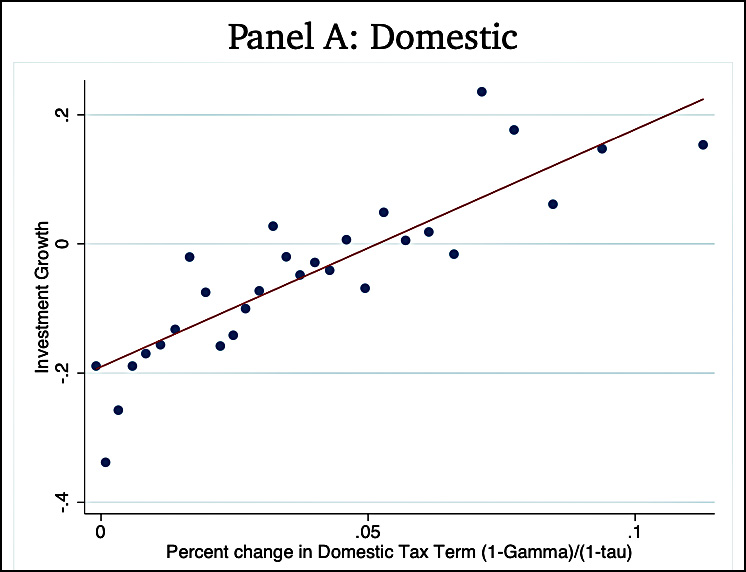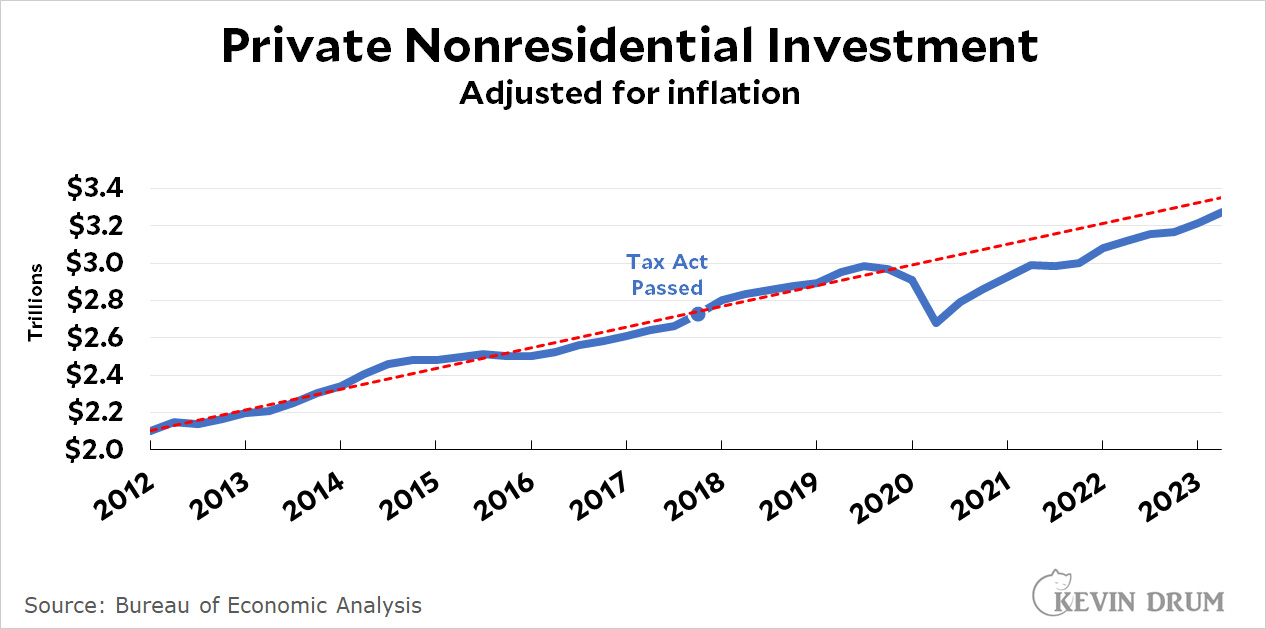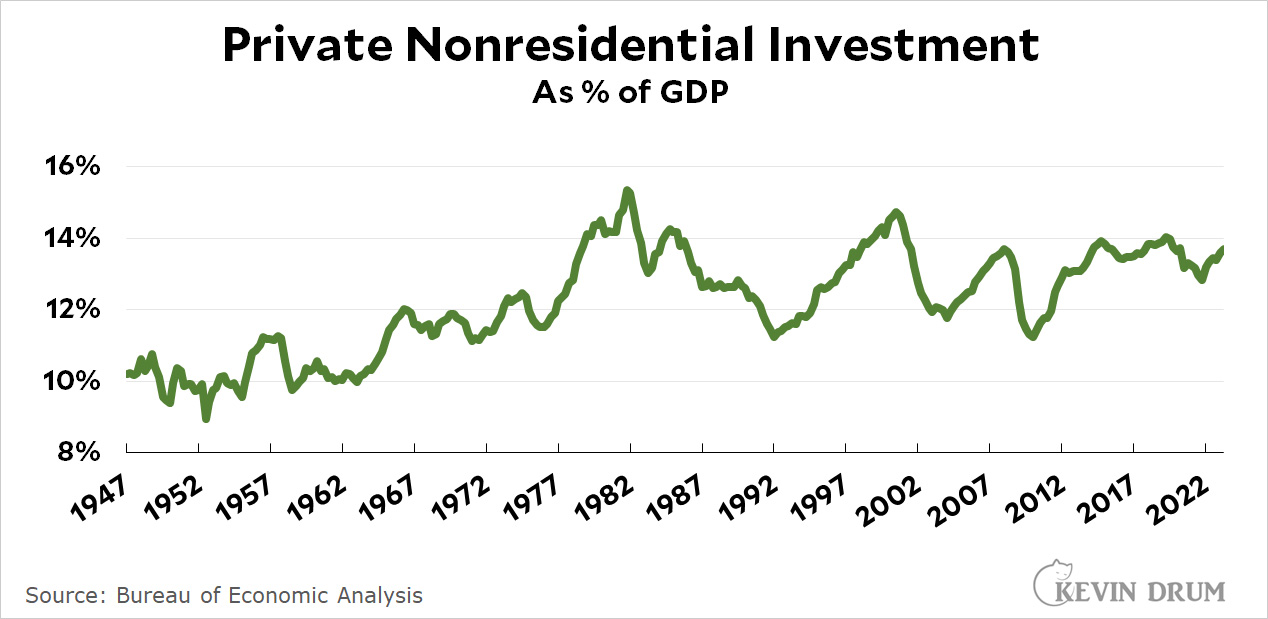Apparently the idea that we don't have free will is so scandalous that the LA Times decided it needed an opposing opinion. So they recruited John Martin Fischer, a philosopher at UC Riverside, who says "of course we do."
Well. I guess that's that. Argument over.
But maybe not quite. I wouldn't bring this up again except for this paragraph from Fischer's piece:
Some neurobiologists, including Sapolsky, hold that neurobiology supports determinism — that the brain activity science has uncovered reveals essentially mechanical procedures that cause human decisions. Other neuroscientists believe that at a fundamental level the brain works indeterministically, perhaps in accordance with quantum mechanics, which allows for randomness and unpredictability. In other words, whether the past and laws of nature dictate my choices and actions remains scientifically controversial.
I got a bunch of similar comments that brought up quantum mechanics. The suggestion is that since indeterminacy is a fundamental property of quantum mechanics, this means the future is not perfectly predictable and therefore there's room for free will.
But determinacy has nothing to do with free will, and it's remarkable that an experienced philosopher like Fischer would bring it up. Free will is solely a question of whether human beings can somehow interfere with the laws of physics. The human brain, at its deepest level, is of course based on quantum mechanics. This is not controversial. Everything, at its deepest level, is based on quantum mechanics.
So sure, we might not know how any particular particle in our brains is going to behave at any given femtosecond, but that's not the issue. The issue is whether the particle's fate is determined by the mathematical laws of quantum mechanics or whether a human being can somehow affect the outcome.
Unless you're religious or otherwise dedicated to metaphysical spiritualism, there's no evidence that humans have the ability to interfere with either quantum mechanics or any other law of physics. Particles do what they do, and when you add them all up they amount to human actions. End of story.
POSTSCRIPT: Fischer's biggest problem is the notion that if free will doesn't exist, then we can't hold people responsible for their actions. There's no point in punishing a murderer who's little more than a robot, but just letting people do whatever they want seems both intolerable and absurd.
That's a problem! But the solution is to simply ignore it. Intellectually, I'm a pure materialist. But emotionally I believe that I control my actions and so do other people. So what? Just go with it.




